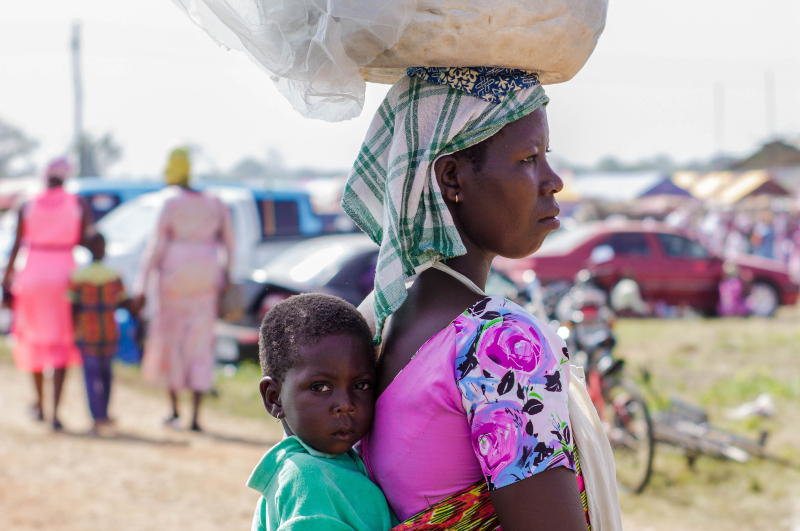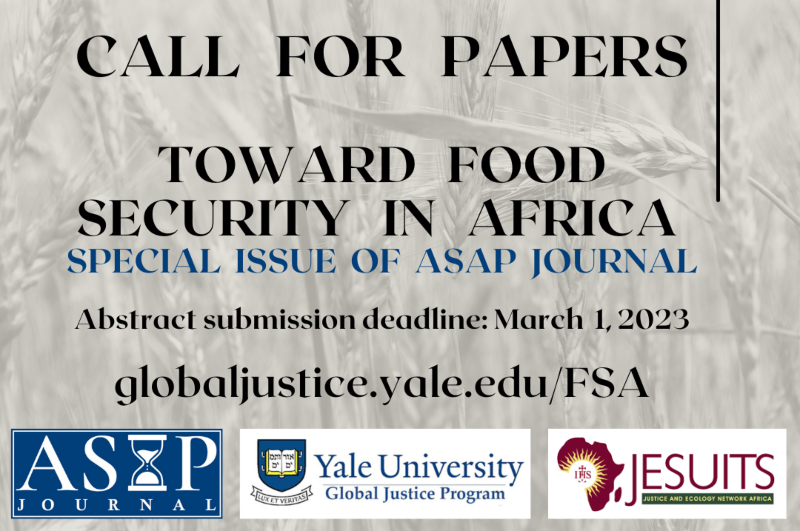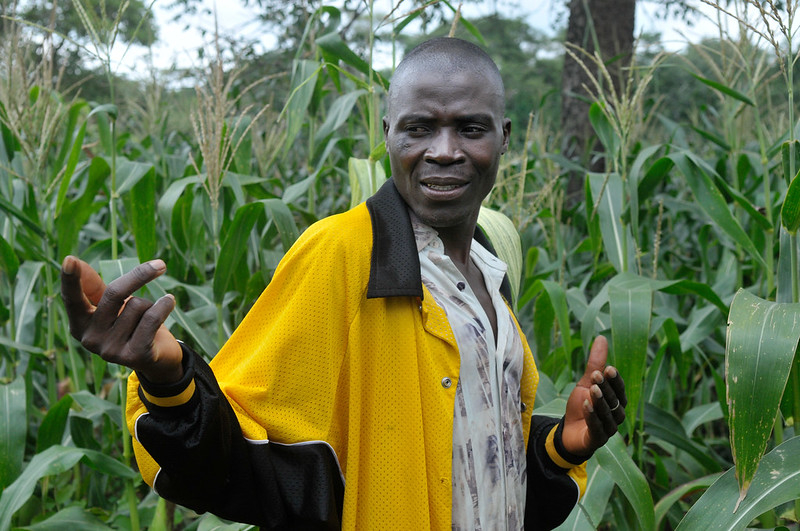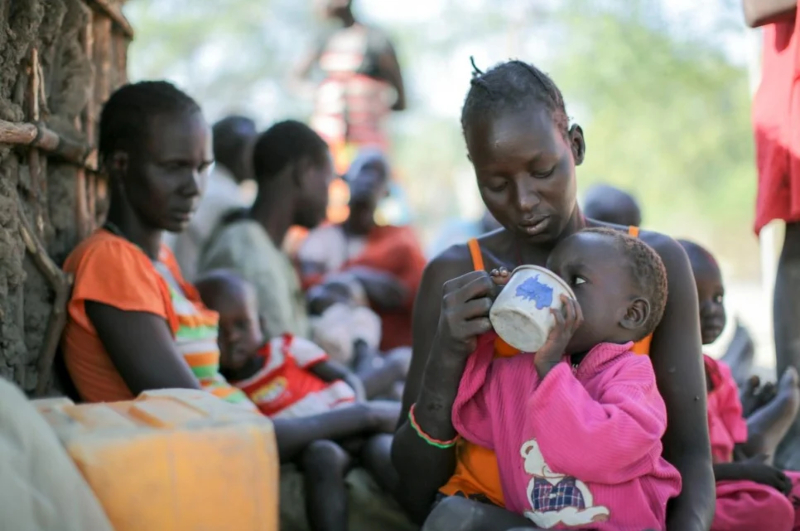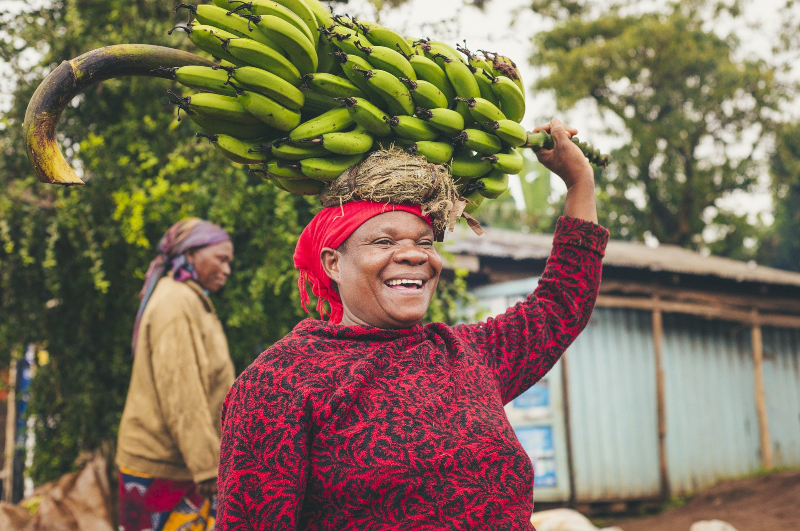

The case report was developed by Jesuit Justice and Ecology Network Africa (JENA). JENA is a diverse community of faith-inspired Jesuit NGOs, also known as Social Centres, related Jesuit Institutions, individual Jesuit peace and development activists, and scholars driven by a vision of a just, poverty-free, peaceful, and ecologically regenerative Africa
Achieving an inclusive and sustainable climate-sensitive food secure Africa remains at the heart of key global and regional development goals such as Sustainable Development Goals (SDGs) 2030 and Africa Agenda 2063 goals and commitments. This also includes global protocols like the Paris Agreement of 2015 on climate change that seeks to ensure developed nations take responsibility to help developing nations cope with climate change. Research evidence shows ecological climate change-related calamities like droughts, floods and locusts, global or regional systemic issues and more recently COVID-19 pandemic have derailed most of the efforts to attain food sovereignty in Africa. This has over the years attracted interventions from governments and development partners including Faith-Based Organizations (FBOs).
As part of its work to influence policies and to promote African solutions for food sovereignty Jesuit Justice Ecology Network of Africa (JENA), sought to understand the salient issues affecting Africa’s food sovereignty drawing from past interventions and lessons learnt to inform the way forward. JENA’s work cuts across Central Africa; North-West Africa; West Africa; Eastern Africa; and Madagascar. JENA's drive and conviction is from the increasing evidence of alarming levels of food in-sovereignty and other aspects of human life in the continent which are largely driven by disasters related to climate change. In addition, with the conviction that some Climate Smart Agriculture practices, while they have the potential to increase agricultural yields; some lead to increased use of chemical inputs that are detrimental to the environment including worsening climate change. As such, JENA champions farming/ production systems based on agroecological and indigenous approaches that sustain food sovereignty and the livelihoods of communities in Africa. Guided by the aforementioned background, the case report objectives are to ultimately inform attaining climate and food justice in Africa.
The case report was developed by Jesuit Justice and Ecology Network Africa (JENA). JENA is a diverse community of faith-inspired Jesuit NGOs, also known as Social Centres, related Jesuit Institutions, individual Jesuit peace and development activists, and scholars driven by a vision of a just, poverty-free, peaceful, and ecologically regenerative Africa.
Find the JENA Food Sovereignty Case Report {Food-Sovereignty-in-Africa_Case-Report_JENA_06.2021.docx-3}
Related Articles
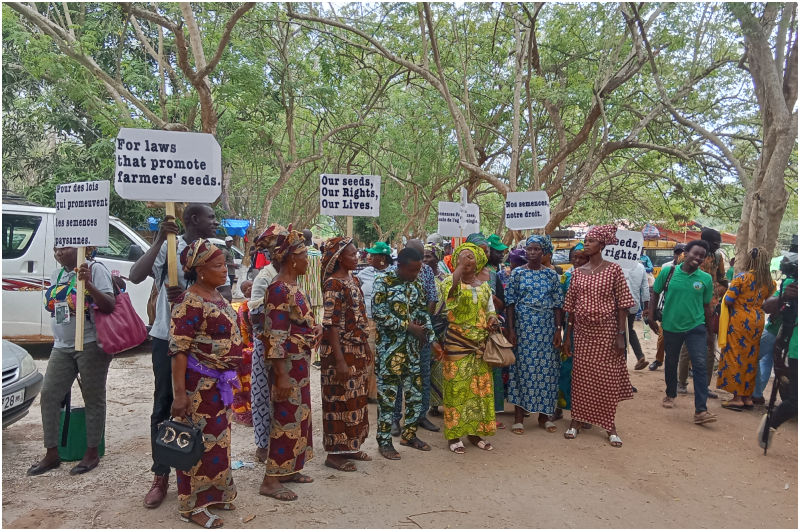
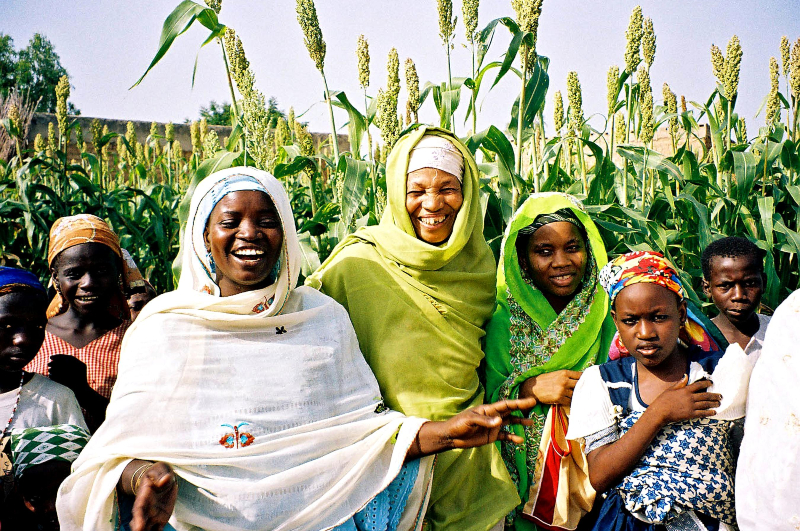
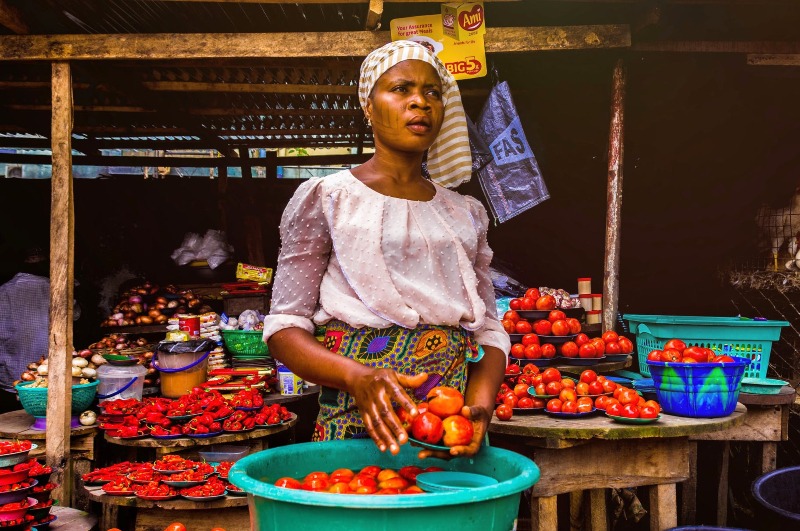
Select Payment Method
Pay by bank transfer
If you wish to make a donation by direct bank transfer please contact Fr Paul Hamill SJ treasurer@jesuits.africa. Fr Paul will get in touch with you about the best method of transfer for you and share account details with you. Donations can be one-off gifts or of any frequency; for example, you might wish to become a regular monthly donor of small amounts; that sort of reliable income can allow for very welcome forward planning in the development of the Society’s works in Africa and Madagascar.
Often it is easier to send a donation to an office within your own country and Fr Paul can advise on how that might be done. In some countries this kind of giving can also be recognised for tax relief and the necessary receipts will be issued.


